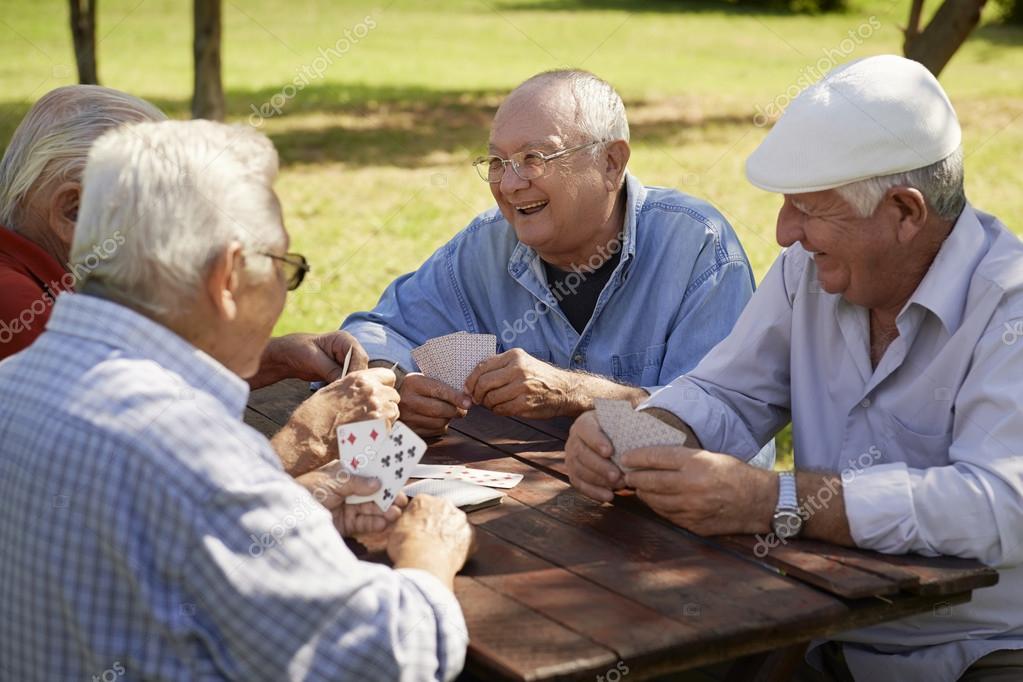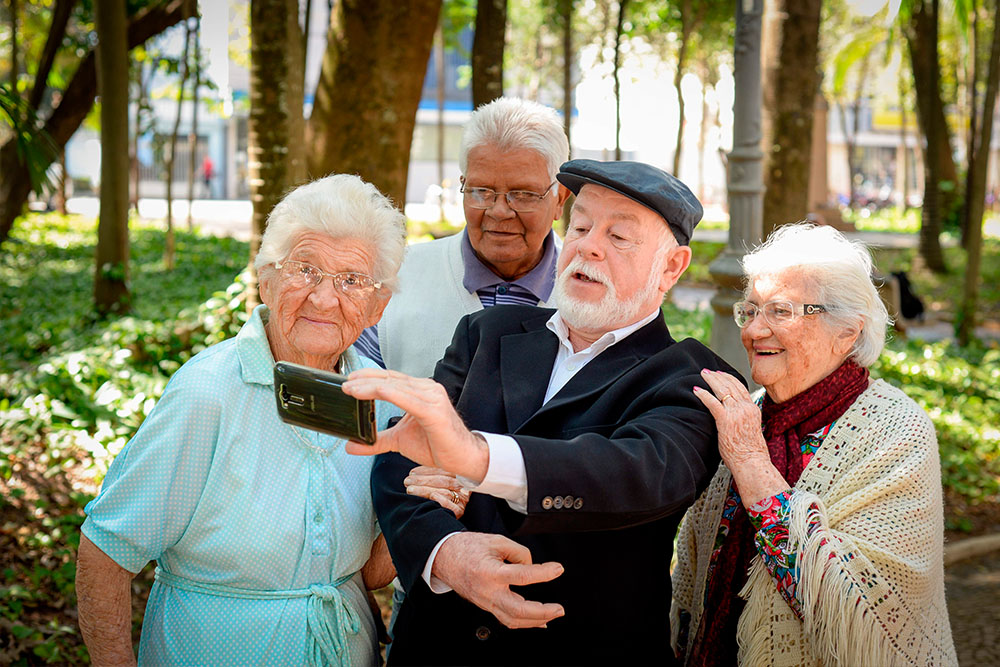Advertisements
Popular sayings are part of our daily lives, carrying with them centuries of wisdom, tradition and culture. Expressions such as “Those who live by the sword, will die by the sword” are much more than just catchy phrases.
Advertisements

They carry profound teachings about behavior, justice and the consequences of our actions. 🔍
But do we really understand what these words mean? Or why they are used so often?
Often, these expressions have historical, cultural or even religious origins that go unnoticed. Understanding the context behind them can provide valuable and even surprising insights. 📜✨
Advertisements
In this article, we explore the meaning and stories behind some of the most iconic sayings. Get ready to discover how these phrases have crossed generations and remain as relevant today.
Understand what they teach us and how they can be applied in everyday life. After all, each saying has much more to say than it seems! 😉

The deep meaning of the saying: “He who lives by the sword, will die by the sword”
A lesson in empathy and justice
The popular saying “Those who strike with iron, will be struck with iron” carries within its essence a powerful lesson about how our actions can reverberate in the world. This phrase, so present in Brazilian culture, has its roots in the idea that what we do to others, whether good or bad, can return to us in an equivalent way. This is a valuable reflection, especially today, when we often act without considering the impact of our words and attitudes on others.
If we stop to think about it, this saying invites us to practice empathy in all our interactions. After all, when we hurt someone – whether with harsh words, impulsive actions or even indifference – we are creating a cycle that can eventually affect us. This is not superstition or divine punishment, but a simple reflection of human coexistence: what we sow, we reap. 🌱
Furthermore, this expression carries a strong message of justice, as if the world has its own natural way of balancing things out. It is almost a call for us to think before we act and to be more conscious about the choices we make. If we want respect, we need to offer respect. If we desire love, we need to cultivate it. And if we expect kindness, we need to practice it in our daily lives. That makes sense, doesn’t it?
Historical and cultural context of the saying
Although it is very popular in Brazil, the saying “He who lives by the sword, will die by the sword” did not originate here. It has its roots in biblical texts, more specifically in Matthew 26:52, which reads: “All who take the sword will die by the sword.” This demonstrates how these teachings have survived for centuries and adapted to different cultures, maintaining their relevance over time.
In popular tradition, “iron” can be interpreted as a symbol of power or a weapon, but also as any tool we use to harm another person. In cultures that value oral wisdom, such as Brazil, this saying is used to convey moral lessons, especially to children and young people. How many times have we heard our grandparents say this phrase to teach us that “we do not do to others what we do not want them to do to us”?
These ancient teachings are so powerful because they transcend time and space, connecting generations and cultures. Even today, in a globalized society, this saying resonates, showing how the need for justice and reciprocity is universal. After all, who has never stopped to reflect on the impact of their actions when hearing this expression?
Why are popular sayings so impactful in our daily lives?
Sayings as guides to everyday wisdom
Popular sayings, such as “Those who live by the sword, will die by the sword,” play a special role in our culture because they manage to condense profound teachings into a few words. They function almost like small “mantras,” easy to memorize and full of meaning. This simplicity makes them powerful tools for passing on wisdom from generation to generation.
Furthermore, these sayings are extremely visual. When we think of someone being stabbed with an iron, for example, it is easy to imagine the scene and the impact it can cause. This imagery helps the message to stick in the mind, almost like a story told in seconds. This is why they remain so present in our daily lives, even with the passing of time and cultural changes.
Another interesting point is how adaptable popular sayings are. They can be applied to different situations, from family discussions to ethical dilemmas at work. It is no wonder that, even in the midst of modernity and new forms of communication, these expressions are still part of many people's vocabulary. 📚
The emotional impact of sayings
We cannot ignore the emotional impact that proverbs have on us. Often, when we hear an expression like “He who lives by the sword, will die by the sword,” we are led to reflect on our own actions and question whether we are acting fairly towards others. This ability to provoke introspection is one of the reasons why proverbs continue to be so relevant.
They also provide comfort in difficult times. Knowing that the world has a way of making things right, even if it takes time, can be comforting to those who have been wronged or hurt. It’s like the saying goes, “Hang in there, justice will come.” It creates a sense of hope and resilience that is often all we need to move forward.
- Cultural memory: Sayings connect generations and help preserve values.
- Simplicity: Their short, direct sentences make them easy to remember.
- Reflection: They provoke questions about our actions and choices.
- Comfort: They offer a sense of justice and balance in times of adversity.

How to apply the teachings of the saying in everyday life?
Practicing empathy as prevention
One of the most effective ways to avoid situations where we “hurt” others is to practice empathy. This means putting yourself in someone else’s shoes before you act or say something. Ask yourself, “How would I feel if someone did this to me?” This simple exercise can prevent conflict and promote healthier, more respectful relationships.
For example, in tense situations, such as an argument at work or at home, take a deep breath and try to understand the other person’s point of view. We are often quick to judge or react, but pausing to reflect can make all the difference. The saying reminds us that every action has a consequence, and choosing to act with empathy is always the best option. 💡
Practicing emotional self-care
Another important point is to look within yourself. Many times, we hurt others because we are hurt. If we don’t take care of our own emotions, we can end up projecting our pain onto those around us. That’s why self-care is essential.
Take time for yourself, do activities that bring you peace, and seek professional help if necessary. The more balanced you are emotionally, the less likely your actions will cause harm to others. After all, the saying is not only about avoiding harm, but also about taking care not to be hurt.
- Be aware: Think about the consequences of your actions before you act.
- Dialogue: Instead of reacting impulsively, talk and try to understand the other side.
- Take care of yourself: Well-managed emotions help avoid unnecessary conflicts.
Thus, the saying “He who lives by the sword, will die by the sword” is not just a warning, but an invitation to live more consciously and generously. Small changes in our attitudes can transform the way we relate to the world and, of course, to ourselves. 🌟

Conclusion
Conclusion: Popular Wisdom and the Power of Sayings
Popular sayings, such as “Those who live by the sword, will die by the sword”, carry valuable lessons that have crossed generations. These expressions, full of wisdom, reflect universal human experiences and invite us to reflect on our behaviors, choices and consequences. 🌟
By exploring the meaning behind these iconic phrases, we realize how they remain relevant even in an ever-changing world. Whether they teach lessons about justice, ethics, or the consequences of our actions, sayings continue to play an important role in communication and culture. 💬
Understanding these expressions goes beyond language learning: it is an invitation to delve into the history and essence of popular wisdom. Furthermore, by bringing these sayings into our everyday conversations, we keep alive a rich part of our cultural tradition. 💡
Finally, remembering and applying these teachings in our daily lives can help us make more informed decisions and cultivate better relationships with others. So, value popular sayings and their timeless wisdom! 🕰️ After all, as the saying goes: “Those who plant good seeds, reap good fruits!” 🌱

